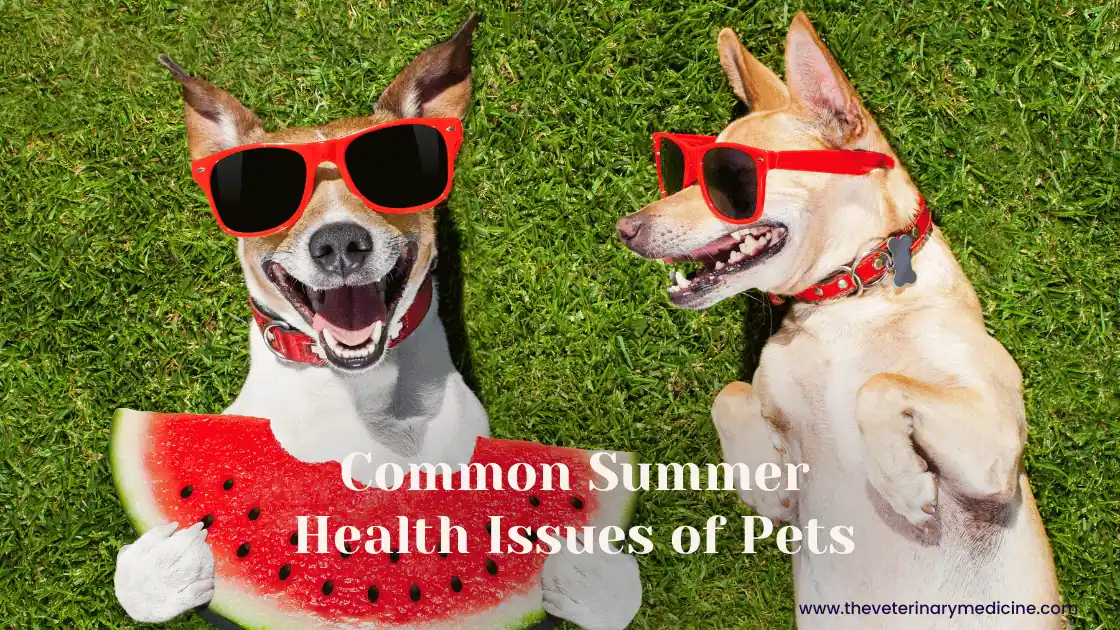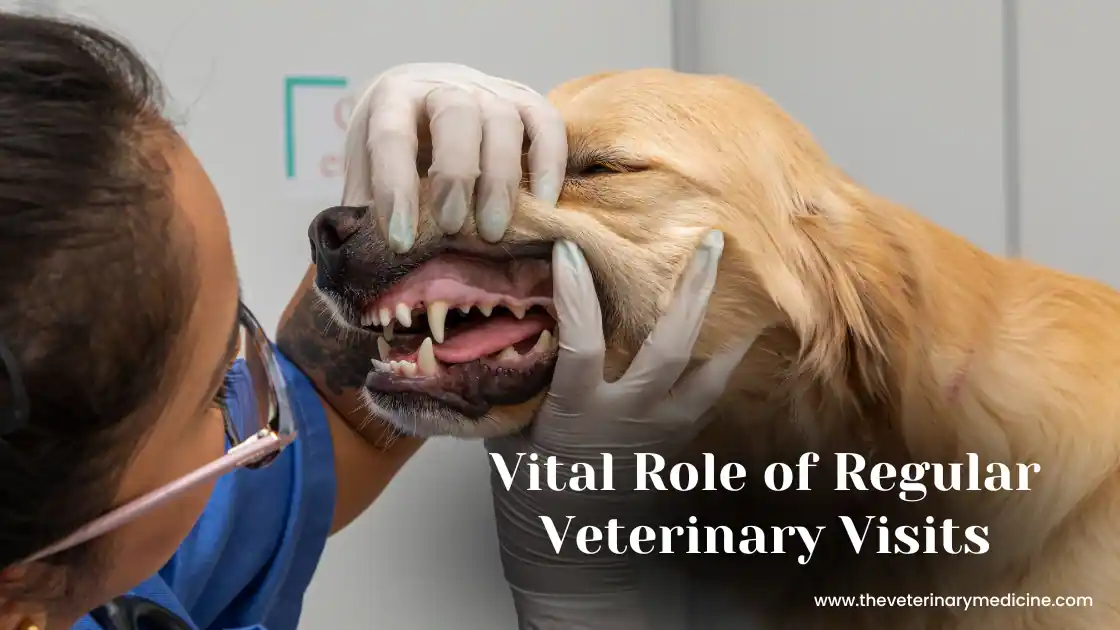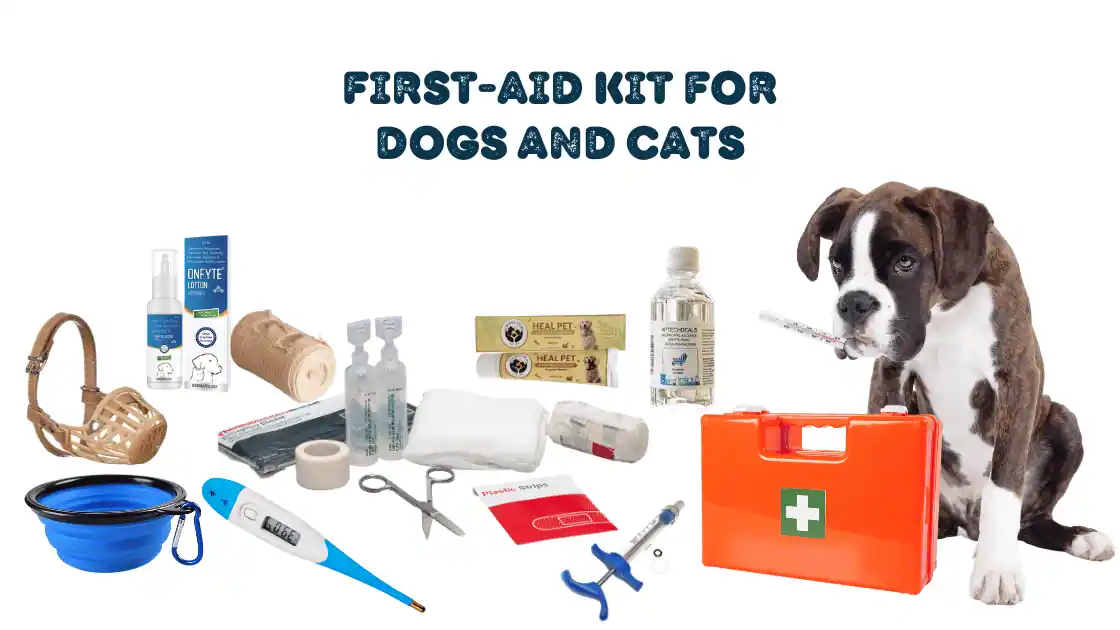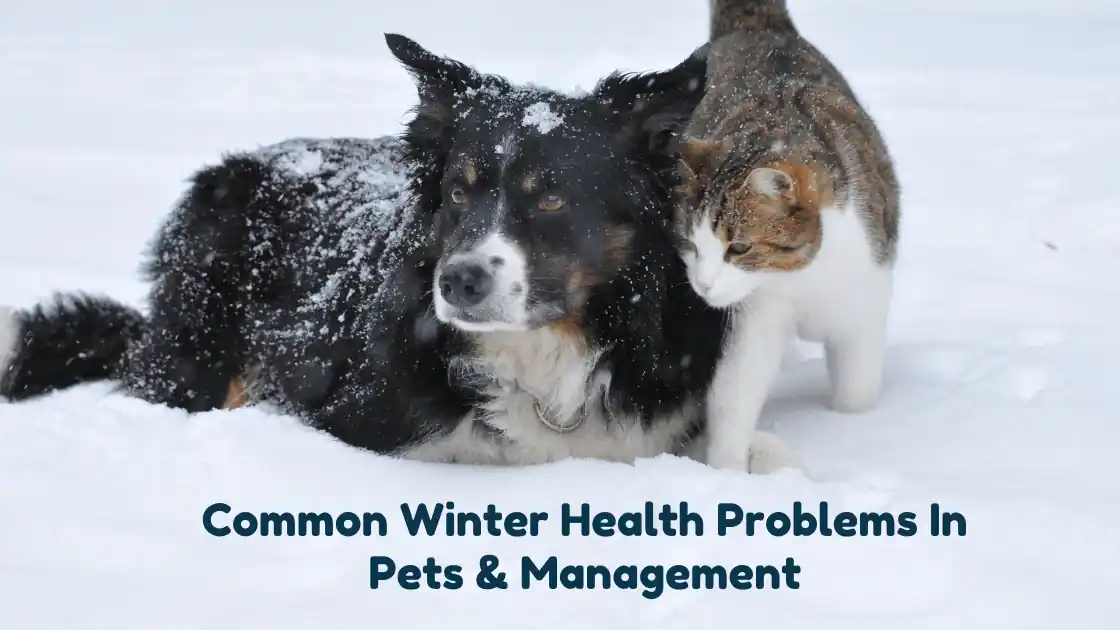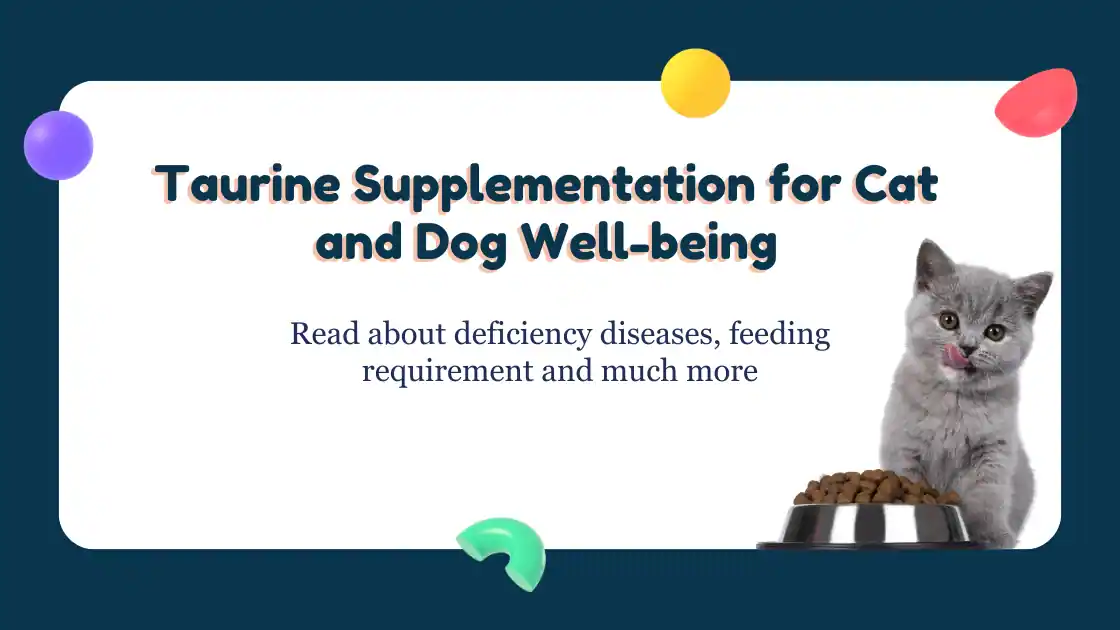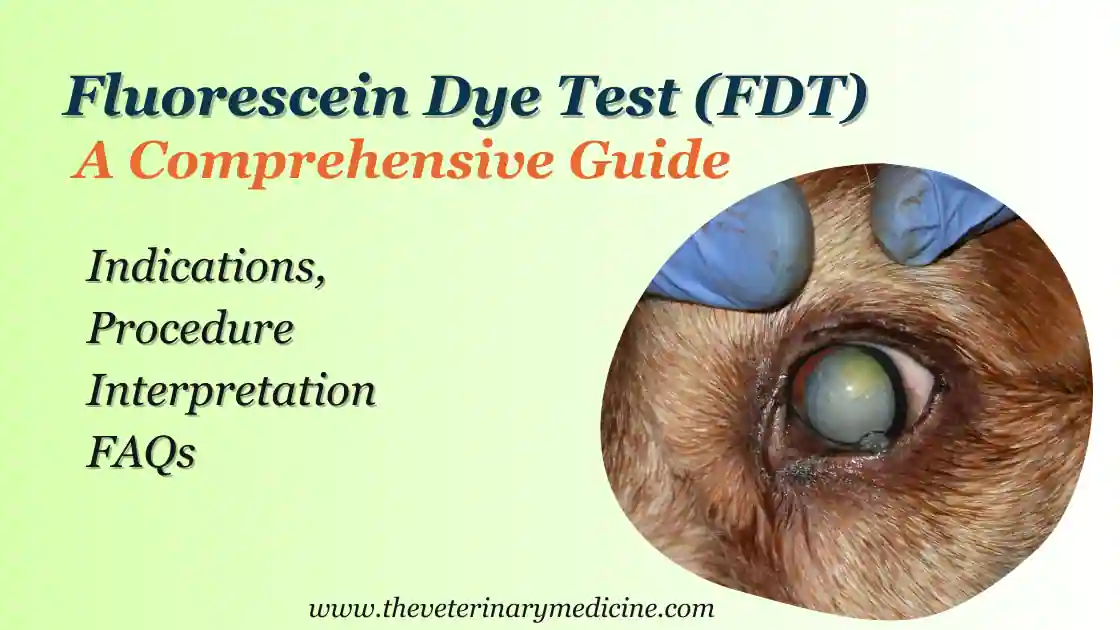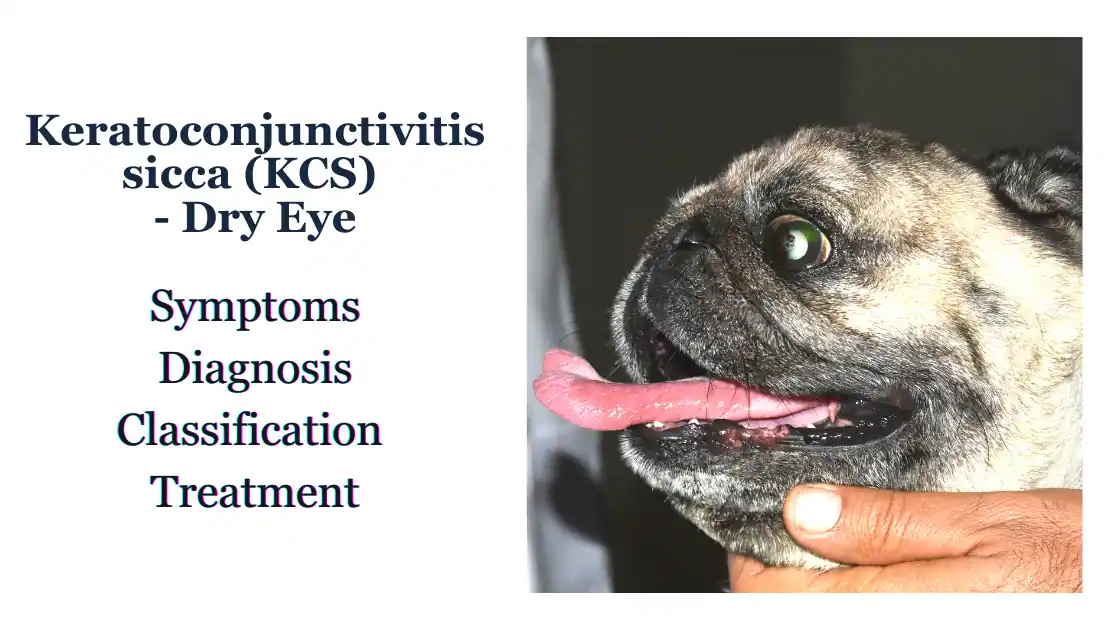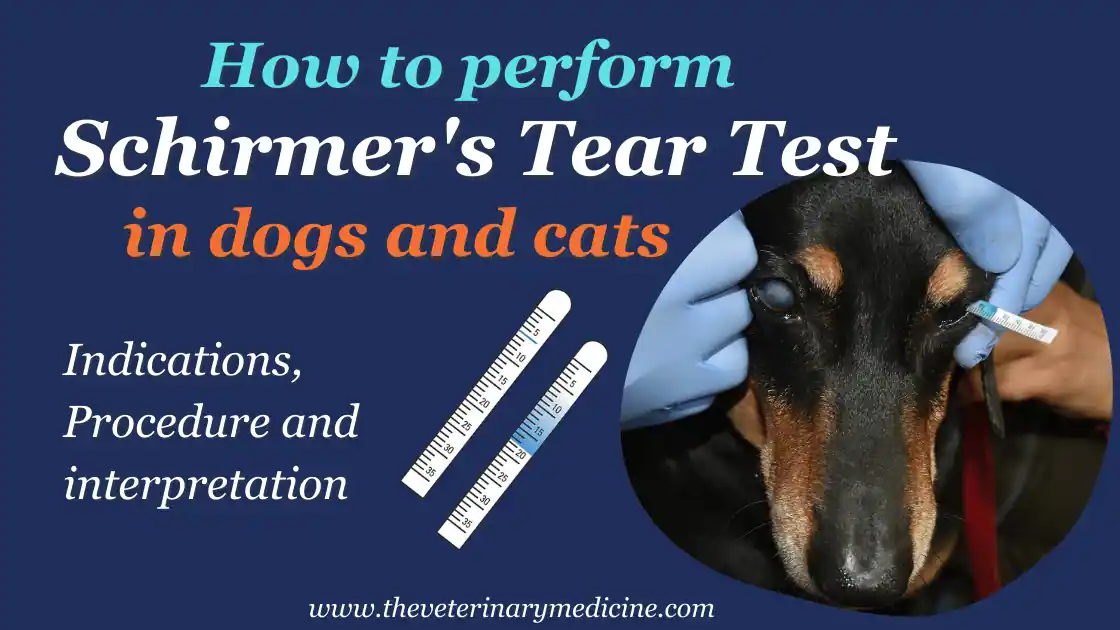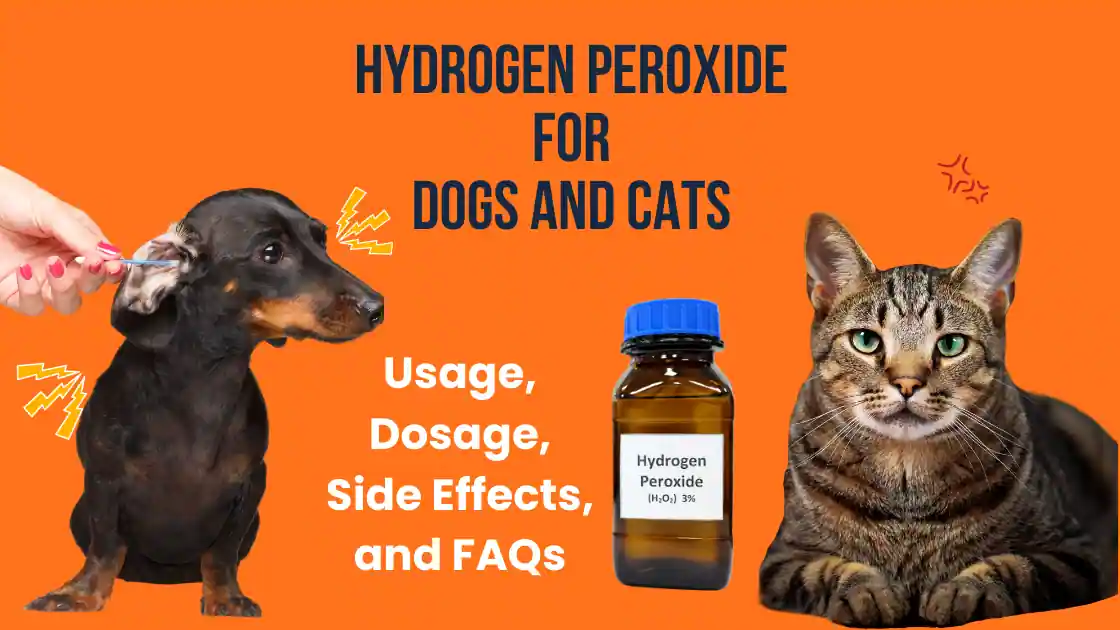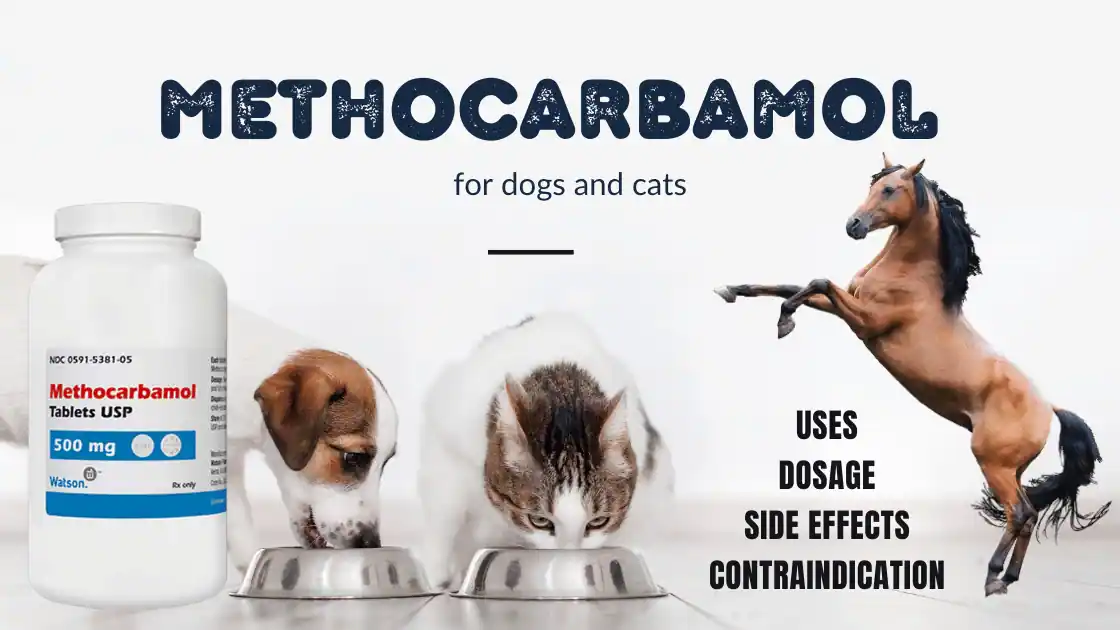Common Summer Health Problems of Pets
Summer season is for fun-filled adventures and outdoor frolicking for humans and pets both, but it also presents unique challenges and problems for dogs, cats, feathered, and scaled companions. As temperatures rise and the sun shines brighter, our beloved pets become susceptible to a range of seasonal health concerns. Heat stroke, dehydration, sun burns, food poisoning and ectoparasite like ticks, fleas, insect bites and associated problems like skin issues, tick fever are common during summer season in pets.


